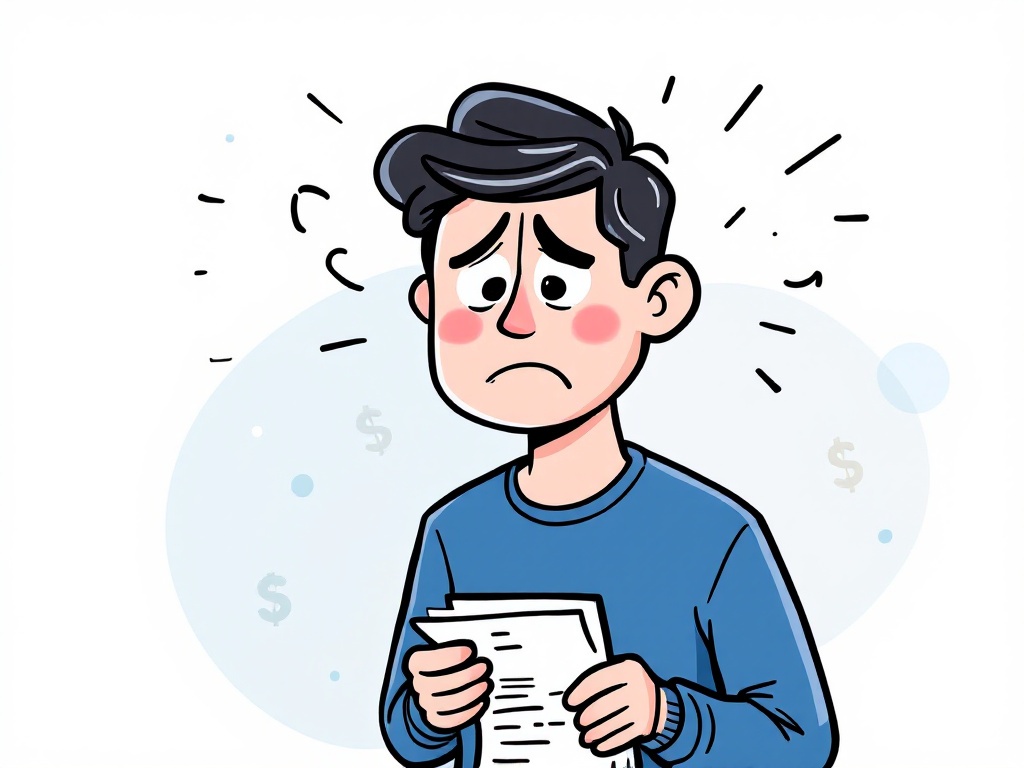Verizon Settlement Payouts Leave Customers Dissatisfied

New York, Tuesday, 7 January 2025.
Verizon customers receive settlement payments far below expected amounts, raising concerns over corporate transparency and accountability.
Settlement Details and Timeline
Verizon (NYSE: VZ) has begun distributing payments from its $100 million class-action settlement [1][2], with the first wave of payments hitting customer accounts on January 7, 2025 [3]. The lawsuit, settled in early 2024, addressed allegations that the telecommunications giant had charged undisclosed administrative fees to customers between January 1, 2016, and November 8, 2023 [1][5]. While the settlement agreement promised payments between $15 and $100 per customer [1], actual payouts have fallen significantly short of these expectations.
Customer Reactions and Payment Reality
Reports from recipients indicate dramatically lower compensation than anticipated, with some customers receiving as little as $2.37 through prepaid Mastercards [1][2]. The settlement terms originally outlined a payment structure of $15 base payment plus $1 for each month of service during the affected period [1][7]. However, actual payments have consistently fallen below the minimum threshold, sparking widespread disappointment across social media platforms [1][6].
Legal Framework and Distribution
The settlement, overseen by the Superior Court of the State of New Jersey [7], included significant deductions that affected final payment amounts. The plaintiff’s lawyers requested $33 million in fees [2], substantially reducing the pool available for customer compensation. While Verizon has denied any wrongdoing [2][5], the company has agreed to revise its customer agreement disclosures while maintaining the administrative fee structure [2].
Looking Forward
Despite customer dissatisfaction with the settlement amounts, Verizon has not publicly addressed the concerns about the lower-than-expected payments [1]. The settlement administration process continues, with payments being distributed through various methods including Venmo, Zelle, PayPal, physical checks, and virtual prepaid cards [3]. This outcome has raised broader questions about the effectiveness of class-action settlements in providing meaningful compensation to affected consumers [2].
Sources
- www.cbsnews.com
- www.news-press.com
- www.sirdup.in
- www.shelby.community
- www.tmbu.org
- www.northjersey.com